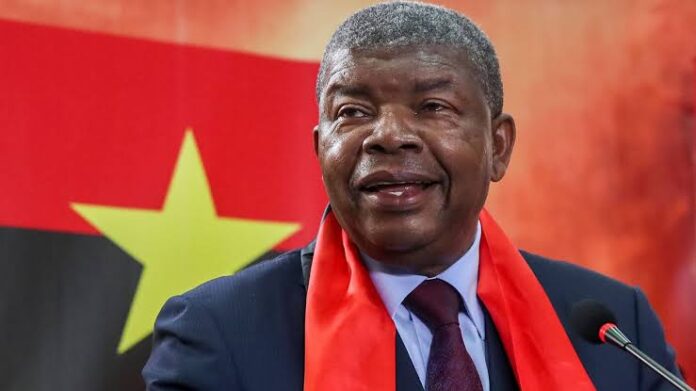Angolan President João Lourenço has granted pardons to dozens of prisoners, including José Filomeno dos Santos, the son of former President José Eduardo dos Santos, who had been serving a five-year sentence for fraud.
The decision was announced as part of a broader gesture of clemency tied to the 50th anniversary of Angola’s independence from Portugal, which will be marked in 2025. A presidential decree highlighted the importance of fostering “harmony, leniency, and fraternity” as reasons behind the move.
José Filomeno dos Santos, often referred to as “Zenu,” was convicted in 2020 in connection with the transfer of $500 million from Angola’s national bank to a private account in the UK. The case also implicated other officials, including the former governor of the national bank, and was a centerpiece of President Lourenço’s anti-corruption campaign.
The pardon marks a significant development in a case that had been viewed as a litmus test for Lourenço’s efforts to root out corruption in the oil-rich nation. However, the Dos Santos family has long maintained that the legal actions against them were politically motivated, describing them as part of a broader “witch hunt.”
Also, read: US Universities Urge African and International Students to Return Before Trump Inauguration
According to the presidential decree, the pardons were granted to about 50 individuals who demonstrated “good behavior” and posed no “social danger.” The convicts, including Dos Santos, are set to be released on January 1, 2025.
While the decision has been framed as a gesture of national reconciliation, it is likely to spark mixed reactions. Supporters may view it as a move towards unity, while critics could question its implications for the fight against corruption.
The pardons come as Angola prepares to celebrate a half-century of independence, a milestone that President Lourenço has emphasized as an opportunity for national reflection and renewal. However, the inclusion of high-profile figures like Dos Santos in the list of pardoned prisoners is sure to reignite debates about justice, accountability, and political power in the country.
As Angola steps into its 50th year of independence, the president’s decision signals a complex balancing act between fostering national unity and addressing lingering divisions.

